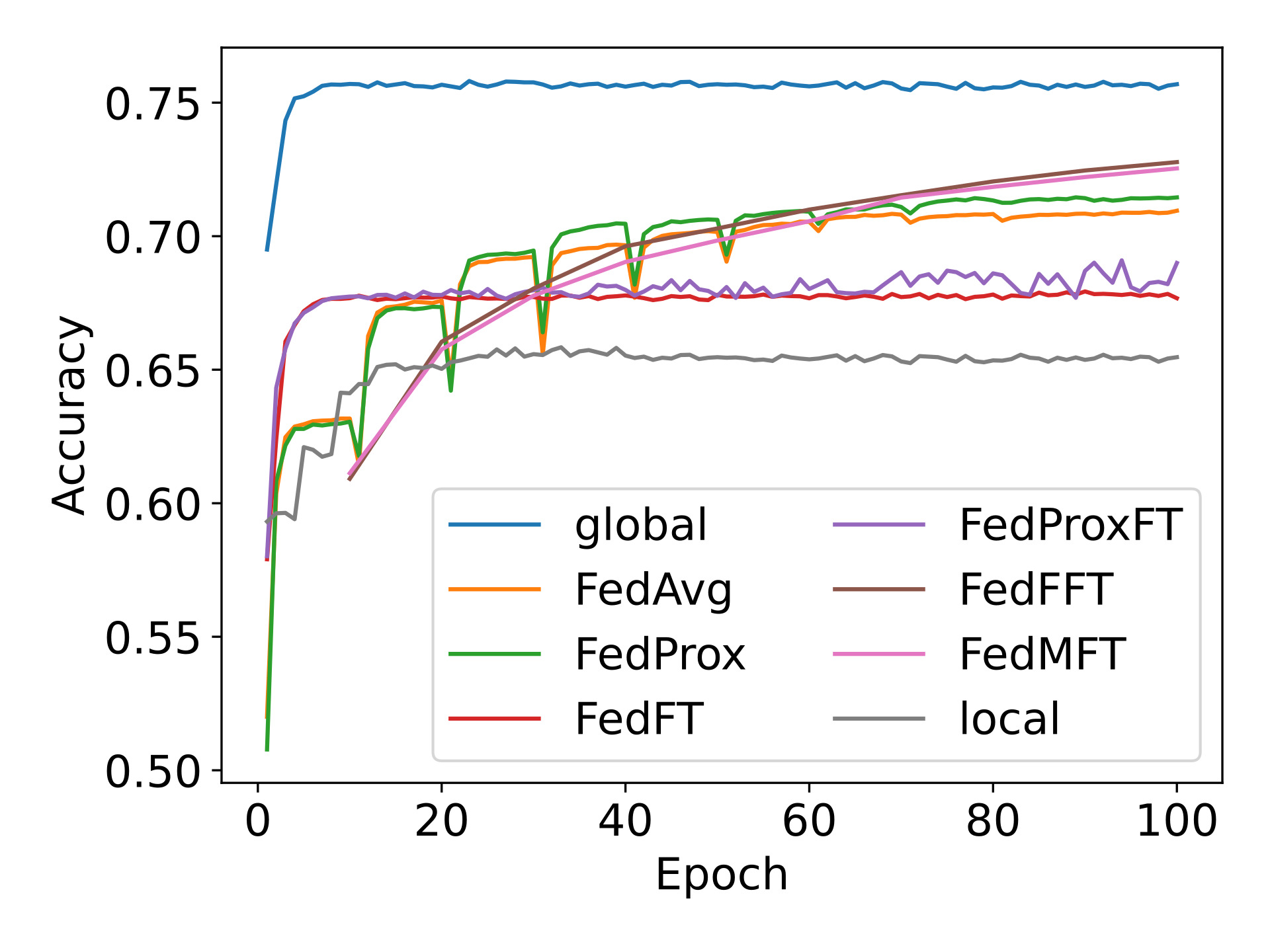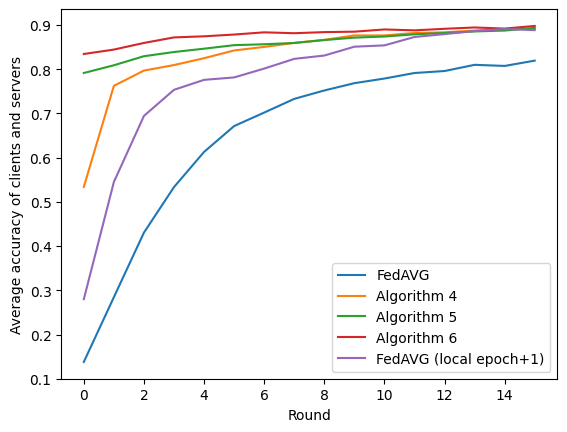IS Papers
As Artificial Intelligence (AI) is advancing quickly, the research area of privacy and data security in Machine Learning (ML) is becoming very important. This is especially true when applying ML to distributed systems where data sharing happens often. In this thesis, we study the possibility of using Federated Learning (FL) to improve privacy by avoiding the need to share raw data between nodes. Also, we propose several FL methods that cut down on data transmission by using features rather than full models, which not only eases network congestion but also boosts security.
In terms of Machine Learning, we propose four FL algorithms and compare their performance with existing FL algorithms such as FedAvg and FedProx. We also demonstrate the practical application of the proposed method in a real-world scenario of ship detection, showing how FL can be effectively used to protect sensitive information while maintaining high performance.
In terms of Information Security, this work has a meaningful impact by addressing issues related to data sharing, inference attacks, and the amount of data transmitted over networks. Specifically, our feature-based data transfer method reduces network traffic while simultaneously improving security. We also investigate the impact of Membership Inference Attack (MIA) on traditional ML and FL methods to evaluate and compare those methods through privacy measures. These contributions significantly improve the ability of FL to address privacy and security issues in ML systems.
In the realm of Federated Learning (FL) applied to remote sensing image classification, this study introduces and assesses several innovative communication strategies. Our exploration includes feature-centric communication, pseudo-weight amalgamation, and a combined method utilizing both weights and features. Experiments conducted on two public scene classification datasets unveil the effectiveness of these strategies, showcasing accelerated convergence, heightened privacy, and reduced network information exchange. This research provides valuable insights into the implications of feature-centric communication in FL, offering potential applications tailored for remote sensing scenarios.


